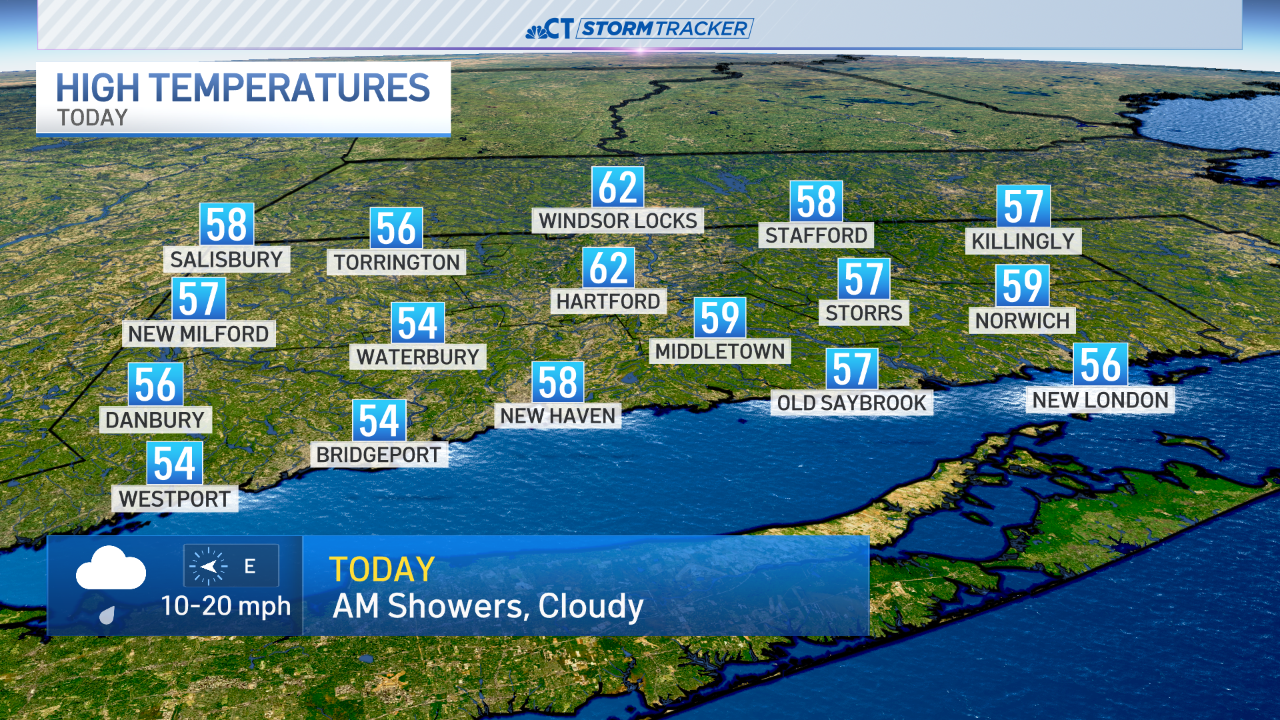Democrats and Republicans agree transportation infrastructure should be a priority in the state, but continue to remain split on how to handle it. A public hearing on the Democrats' latest transportation plan Friday might be the last time the Transportation Committee hears arguments before the matter goes to a vote.
Gov. Ned Lamont’s administration says transportation spending is outpacing revenue two to one. It predicts a deficit in the special transportation fund in five years.
“The special transportation fund is in crisis. It needs a sustainable, reliable revenue stream,” Melissa McCaw, secretary of the Policy and Management Office, testified before the transportation committee Friday.
That sobering news doesn’t seem to be changing the appetite for tolls among opponents.
“If you have a bill that you feel strongly about that you put that bill in writing you should be able to scream that at the top of your lungs and be proud of it and defend it and argue it. They can’t do it because it’s not defensible, there’s not enough details, and it puts this state in more of a downward spiral than it already is,” said House Minority Leader Themis Klarides.
Republicans cast doubt during a news conference scheduled before Friday’s public hearing about support for the latest trucks-only tolling plan.
Outside the hearing room those on both sides of this hot button issue, everyone from builders to business owners faced off, chanting for and against tolls.
Local
“There are too many blanks in the Democratic plan where they just say ‘trust us,’” said Larry Heebner of Centerbrook. “I think the legislature has a terrible credibility problem. That’s why we are all out here. It’s going to take them a long time to overcome it.”
The issue hits close to Cynthia McDonald’s home in Fairfield. She’s sick of the congestion and believes tolls are the answer.
“It takes my husband 75 minutes to go from Fairfield to Stamford, 15 miles, every morning. When we moved to Connecticut, the train into Grand Central Station was 59 minutes, now it’s an hour and 20 minutes, 80 minutes on a good day,” she said. “It’s affecting my family’s life. It affects our quality of life, it affects our being able to be together, it affects our work productivity, it affects our house values,” said Cynthia McDonald of Fairfield.
Members of the Governor’s administration were the first to testify about the bill on Friday. If passed, they explained that large trucks would pay between $6 and $13 per toll (set by an appointed transportation council) but be limited to paying one roundtrip toll at each of the 12 designated highway bridge gantries per day. Only affect Class 8 trucks or larger, which are blamed for causing the most damage on Connecticut roads, would be subjected to paying that toll.
McCaw estimated trucks-only tolls will generate $172 million in the first year, 2023.
Opponents point out that the non-partisan Office of Fiscal Analysis says a full traffic and analysis study would be required to know if that preliminary number is correct, a big sticking point for those who will cast a vote.
“This is beyond irresponsible. You haven’t done a proforma to say that the plan you’re asking the legislature to approve you don’t have any backup for? We’ve been dealing with this problem for three years, this administration a year. You couldn’t put numbers that we could all read? How dare you,” said Senator Minority Leader Len Fasano.
Monies collected have to be funneled back into repairing the road that toll is collected on. McCaw maintained that will open up special transportation fund dollars for other projects.
“By providing a new revenue source that can then be dedicated towards highway transportation projects, existing revenue in the STF can now be more dedicated towards rail,” she told lawmakers.
For a group that’s been speaking out against tolls for years, the question comes back to trust.
“There is nothing at this point that’s gonna convince me or anyone that it will only be a truck-only toll,” said Patrick Sasser the Founder of No Tolls CT.
Republicans pointed out that Democrats have a majority and could pass the bill if they had the votes.
“It’s a slippery slope. The Democrats have demonstrated that they can’t be trusted,” said Jim Grasso of Columbia.
Grasso is the son of former Democratic Gov. Ella Grasso. He said tolls are not the answer to the state’s transportation problems.
“The solution to the problem would be to cut the excess spending of the state of Connecticut to alleviate the tax burdens of the towns, to become a business-friendly state, bring businesses in," he said.
A special session to vote on this bill was scheduled for early next week but later canceled. NBC Connecticut was told lawmakers won’t take the issue back up for a vote for a few weeks.



